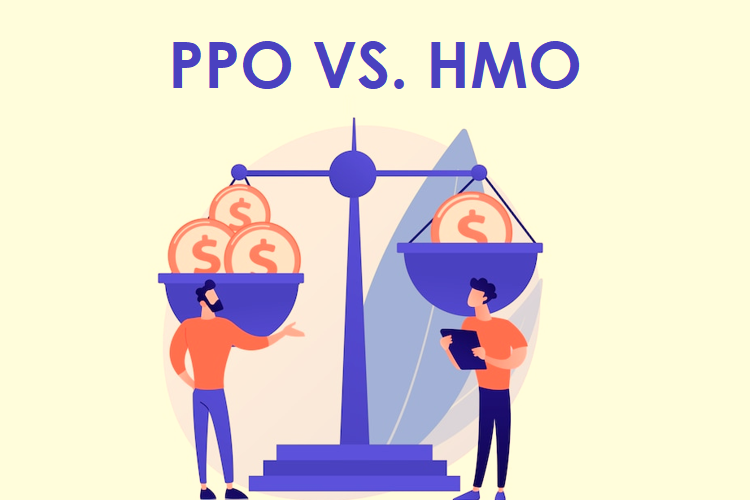Renters insurance is quite possibly the best kept secret out there. If you’re not ready to buy your own home yet, chances are you’re a renter. It comes as a surprise to many renters that renters insurance is a fail-safe way to protect yourself against unforeseen circumstances which may arise while you’re renting. Not only is renters insurance affordable, it’s beneficial. Whether you’re renting a villa, town-home, or a condo, there is something to be said about acquiring this type of insurance.
Many renters forego this type of insurance because they don’t want to tack on any additional charges to their monthly bills. The good news is that renters insurance is affordable. Once you’ve found a property that you like, go and inspect it. Take a look around the neighborhood and the types of characters who live there. Price is an important consideration, but safety comes first.
Dilapidated buildings, absent landlords, declared bankruptcies, foreclosure hearings, and ongoing litigation should be thoroughly researched before you sign a rental contract. The last thing you want is to be evicted from a rental through no fault of your own. The purpose of rental insurance is to protect your belongings, not the landlord’s property.
You can determine the level of coverage you need, based on the value of your property. Of course, you can always opt for additional coverage such as liability insurance, and additional living expenses.
Renters insurance covers the following liabilities
Theft
In the event of a robbery, your insurance will protect you by covering the cost of replacing your stolen items. There is a limit on the coverage you are allowed, based on the details of your policy.
Personal Property Damage
Your policy provides details about the limits of coverage you are permitted. If damage to your personal property occurs through fire, wind, hail, lightning, explosions, smoke, vandalism, water damage, storm damage, wind damage, volcanoes, falling objects, ice, snow, and in certain circumstances mold, you will be able to claim against your insurance.
Landlord Negligence
If damage to the property occurs through the landlord’s negligence, and that damage results in additional damage to your personal property through water leaks, structural defects, snow, ice, or hail, the landlord is at fault and not the tenant insurance. Renters insurance provides coverage against landlord negligence.
Additional Living Expenses
If a renter is required to find alternative lodgings as a result of damage suffered to the property, those lodgings will be paid for by additional living expenses insurance. For example, fire, water, smoke damage and the like can render a rental unlivable. In the interim, the additional living expenses provision will take care of expenses at your new place and provide all the items necessary for you to enjoy normal day-to-day activities. The value of the additional living expenses coverage is laid out in the renter’s policy.
Renters insurance does not cover vehicle damage, flooding, bedbugs, rodents, cockroach infestations, earthquakes, or sinkholes. It is incumbent upon renters to ensure that all of their most valuable possessions are actually covered by the insurance. There are many additional coverage options available, in the form of riders which you can take out at a premium.
What is Homeowners Insurance?
The biggest difference between renters insurance and homeowners insurance is – homeowners insurance provides comprehensive coverage against damage to the property and the belongings of the homeowner. A typical homeowner’s insurance policy provides protection for the home structure in the event of a fire, water damage, hail, theft and others. Homeowners policies also state the liability of the homeowner a.k.a. the legal responsibility to pay for injuries sustained by other people on the property.
The injury can because by you, your family members, or your pets. Standard homeowners policies cover many different types of eventualities, including wind, rain, and storm damage. However, homeowners policies do not cover earthquakes and flooding – those types of policies are available separately.
With homeowners insurance, you can enjoy coverage which can pay towards the replacement, or repair of your personal effects. If the damage is deemed to have been caused by perils such as theft and fire, homeowners insurance can protect you and your belongings, or another person who was injured in your home. Homeowners insurance coverage also permits additional insurance policies as separate entities.
These include liability protection with a personal umbrella policy, personal property protection (the option to purchase extended coverage is available), and protection against other structures which are detached from your home. All homeowners policies provide dwelling protection against specific risks. Your coverage limits and the deductibles you must pay are determined by the type of plan you choose. Low-cost plans typically have high deductibles, while high-cost plans have low deductibles.




